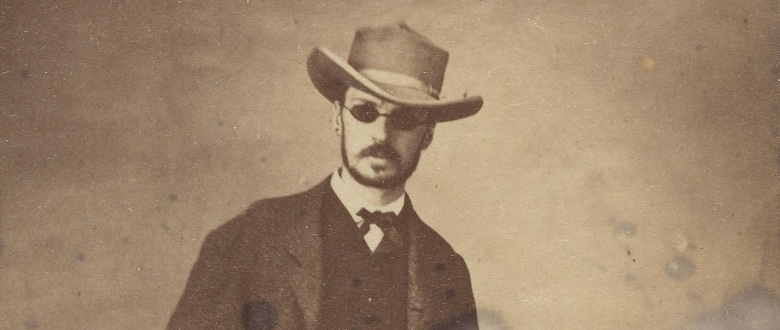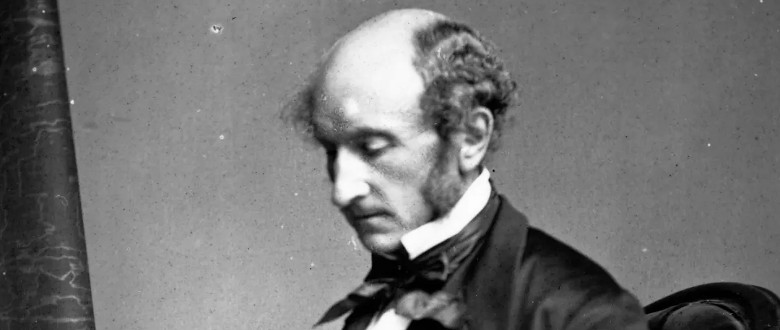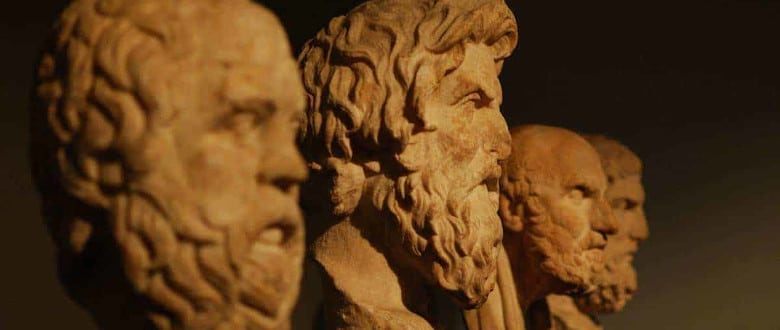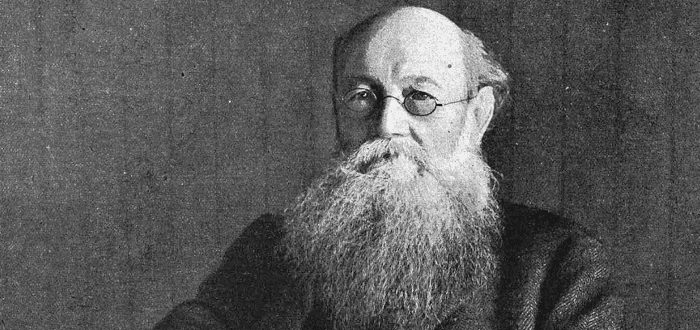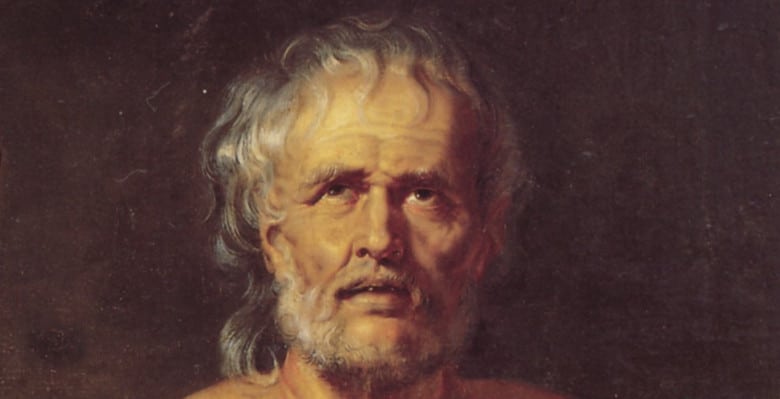The following reading is from a speech entitled On a Certain Blindness in Human Beings by William James. James discusses a seemingly universal inability for humans to understand the internal significance of lives that are very different from their own.
“He who knows only his own side of the case, knows little of that” – a classic reading from On Liberty by John Stuart Mill
“He who knows only his own side of the case, knows little of that. His reasons may be good, and no one may have been able to refute them. But if he is equally unable to refute the reasons on the opposite side; if he does not so much as know what they are, he has no ground for preferring either opinion.” John Stuart Mill, On Liberty, Chapter 2 The following reading is from chapter 2 of On Liberty by John Stuart Mill. Throughout chapter 2, Mill discusses the harms …
How democracy descends into tyranny – a classic reading from Plato’s Republic
In this passage from Book VIII of The Republic, Plato describes how democracy can arise from oligarchy and descend into tyranny. Starting with the oligarchical state, in which the rulers aim to become as wealthy as possible, Plato explains how oligarchy reduces many ordinary citizens to poverty. Eventually, the class of citizens who have been reduced to poverty become resentful of the rich and seize political power, distributing property and freedom equally among all citizens. However, just as an excessive desire for wealth leads to the downfall of oligarchy, an …
“Mutual aid is as much a law of animal life as mutual struggle” – a reading from Peter Kropotkin’s Mutual Aid
Peter Kropotkin was a Russian naturalist and anarchist born into an aristocratic Russian family in 1842. In this passage from his classic work Mutual Aid: A Factor of Evolution, Kropotkin argues against a narrow reading of Charles Darwin’s theory of evolution promoted by Social Darwinists such as T. H. Huxley and Herbert Spencer. Huxley and Spencer saw the process of evolution as a cutthroat struggle of every individual against all others in which only the strongest survive. They argued that this principle of mutual struggle applies not just to animals …
It is not that we have a short time to live, but that we waste most of it – a classic reading from Seneca’s ‘On the Shortness of Life’
On the Shortness of Life is an essay written by Seneca, a roman statesman and Stoic philosopher, to his father-in-law Paulinus. In this passage Seneca responds to the common complaint that life is too short. He argues that life is long if one manages their time well, and that most people waste the majority of their time on pointless pursuits. On the Shortness of Life The following reading is from chapters 1, 2, 3, 7, 8, 11, 14, and 18 of Seneca’s On the Shortness of Life translated by John …
